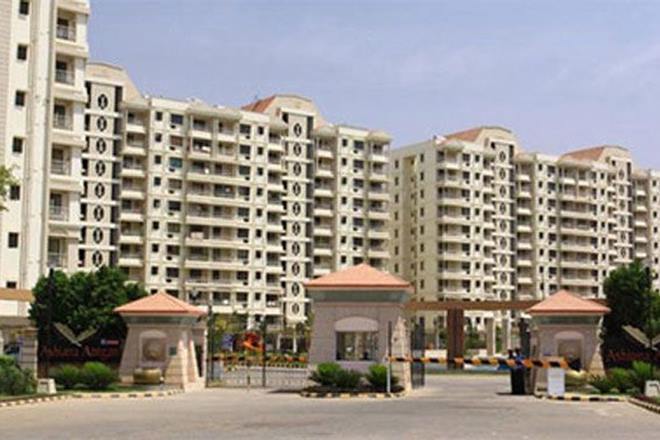

Project management is not a recent phenomenon in India.
Over the last few decades, India has undergone rapid industrialization – predominantly in the manufacturing ‘clusters’, most of which thrive in and around the metropolitan cities of the country. Some of the prime movers for this rapid growth have been the steady increase in per capita income propelling urbanization, and the accurate perception of India as a hub for cost-effective manufacturing.
Another encouraging factor has been a supportive politico-economic climate which has fostered favourable conditions for more and more large MNCs to set up operations in India. Various initiatives like Skill India, Make in India, Start-up India, etc. that have been launched by the government in recent times have significantly driven economic development. All of this, in order to be successful, has required project management as an underlying enabling factor.
Project management is certainly not a recent phenomenon in India. Historical architectural marvels like the Taj Mahal, the Ajanta-Ellora caves and the Sun Temple at Konark, to name just a few, are all examples of excellent project management back in the country’s ancient times.
So, what essentially is Project Management? Just like in any other industry, it involves the use of skills, tools and techniques to successfully execute projects in order to deliver the requisite product and process outcomes. In the real estate realm, it may entail Project Management Consulting, Capital Improvements, Multi-Site Program Management, Development Management & Advisory, Base Building Monitoring, Move Management, Build-to-suit Development, Construction Management and Tenant Improvements.
India’s expansive geography, diverse cultures, range of languages, differing regulatory environments and methods of professional practice make achieving consistency across the country a challenge. This is where external project management experts come into play. Expert project management ensures that:
# Companies can direct their time and efforts to their highest priorities.
# There is a single point of contact (SOP) who gives attention to tactical project delivery from start to finish
# Consistency is ensured throughout the project journey, whether across multiple tasks or geographies, by using standardized processes, controls and best practices.
# Effective risk management is applied to help achieve desired returns on investment, along with real-time reporting and compliance with companies’ internal governance, thereby protecting and enhancing their reputation.
# Productivity improves thanks to proven processes to effectively manage cost, time and quality.
# Cutting-edge technological platforms to deliver best-in-class facilities are applied.
According to the Project Management Institute’s Pulse of the Profession 2015, ‘Organizations that drive optimal project management practices meet their goals 2 ½ times more often than those in low performing organizations (90% vs 36%).’
When delivered by international property consultancies such as JLL India, project management involves the deployment of professional project managers who conceive and orchestrate the design and construction of complex real estate projects from beginning to end, handling every detail. At the end of the day, the objective of effective project management is to ensure that clients realize the maximum potential of their assets, and this requires a firm eye on myriad aspects of the project cycle – from enhancing safety and quality to driving innovation, efficiency and maximizing cost savings – to deliver facilities that meet the specified requirements and support business goals.
When it comes to managing projects, PM professionals must work as an extended technical arm of the hiring firm, bridging the gap between the designers and builders. It is not an exaggeration to state that professional project and development services keep the landscape of the industry in constant forward-looking evolution. Such services not only make the industry more organised, but are also the single-most important influence in driving awareness on safety, sustainability and quality.
All these advancements in the sector and awareness about it are making project management a lucrative industry in the eyes of academia, and this has naturally resulted in project management being increasingly seen as both a rewarding and responsible career option.
That said, much remains to be achieved. While technological advancements are happening all across, this sector has majorly remained untouched by such developments. The industry certainly has seen some bright sparks in compartments, like use of drones for project updates, or real-time visibility with the help of CCTV cameras at sites. However, it largely remains a people-driven industry in India as compared to the more developed parts of the world, where technology greatly aids the project manager in efficient deliveries. There is a great opportunity for project management firms to add value to their portfolios by embracing technology at a faster pace.
The introduction of GST will now usher in better prospects for project management in the warehousing sector. We will also see increasing investments into professional PM coming in from the pharmaceutical sector and large-scale infrastructural projects.
[“Source-ndtv”]




